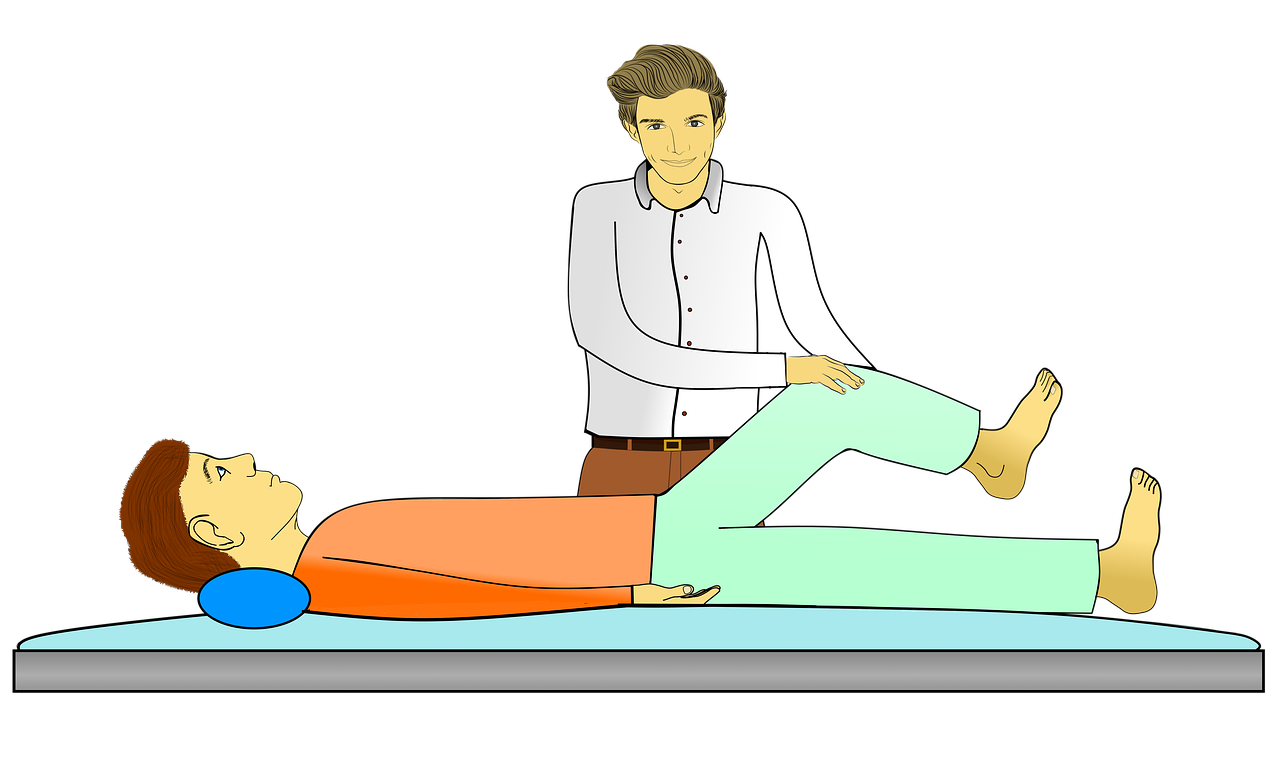

By Asmita - Aug 01, 2025
AI physiotherapy app reduces back pain treatment waiting lists in NHS trial by 55%, prioritizing more complex cases by efficiently treating straightforward back pain with personalized exercises through AI-powered platform. Patients praise app for convenience and effectiveness, raising concerns about data security and healthcare inequalities while emphasizing the importance of oversight and evaluation in maintaining quality care standards.

Physiotherapist via Needpix.com
LATEST
An innovative artificial intelligence (AI) physiotherapy app has demonstrated significant success in reducing treatment waiting lists for back pain patients by 55% in a major NHS trial in Cambridgeshire and Peterborough. This pilot, which included around 2,500 patients, was conducted by the Cambridgeshire Community Services NHS Trust over a three-month period, targeting the persistent challenges of long wait times and limited clinical capacity in musculoskeletal (MSK) care. Traditionally, waiting times for MSK appointments exceeded 18 weeks, creating frustration and delayed recovery for many patients struggling with back pain, which affects approximately 80% of adults at some stage in their lives.
The AI-powered app, developed by Flok Health and regulated by the Care Quality Commission, was designed to triage, treat, and discharge patients with straightforward back pain efficiently using pre-recorded exercise videos and interactive assessments. The platform collects patient information through a series of questions and then prescribes a personalized regimen of physiotherapy exercises demonstrated on-screen. The technology is capable of generating more than a billion treatment combinations, ensuring that each user receives a tailored plan for their needs. As a result, about 2,500 hours of clinician time were redirected to complex cases, and monthly savings in clinician time reached 856 hours.
Feedback from patients has been overwhelmingly positive, with 80% reporting that their experience with the app was on par with or better than in-person care, and 98% being assessed, treated, and discharged digitally, requiring no face-to-face visit. The app’s flexibility allows users to schedule sessions at their convenience and provides clear video demonstrations, which patients found more motivating than printed instructions. A notable case involved a user who returned to work within two weeks after beginning AI-based treatment, despite having been on a 17-week waitlist beforehand. The system is especially effective for straightforward conditions that do not require scans or hands-on intervention; however, real physiotherapists remain available for support and handle cases requiring more intensive care.
Despite these successes, concerns remain about data security, the validity of algorithms, and the potential for widening healthcare inequalities if AI systems perpetuate existing biases found in their training data. The app's rollout is accompanied by calls for rigorous evaluation and ongoing oversight to protect patient autonomy and maintain high-quality standards in care delivery. While AI cannot provide real-time movement correction or replicate human empathy, experts agree these tools can help alleviate healthcare pressures and improve access, provided they are used as an adjunct to traditional clinical support.